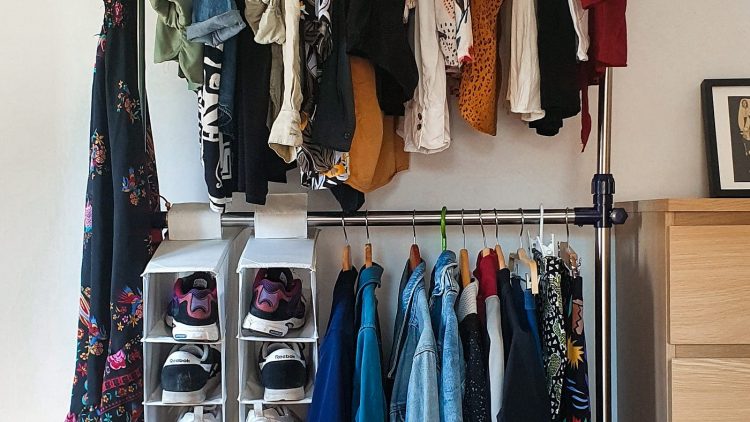The Influence of Social Media on Fashion Trends
Social media has revolutionized the way we consume and engage with fashion. From Instagram to TikTok, these platforms have become powerful drivers of fashion trends, shaping the way we dress and influencing our style choices. This article explores the profound impact of social media on fashion trends, the role of influencers, the rise of “fast fashion,” and the challenges and opportunities it presents to the fashion industry.
The Power of Social Media in Shaping Fashion Trends
Social media platforms have transformed the fashion landscape, enabling fashion enthusiasts to share their style, connect with like-minded individuals, and discover the latest trends from around the world. Fashion influencers, bloggers, and celebrities play a pivotal role in disseminating fashion inspiration to millions of followers, elevating certain styles and brands to new heights of popularity.
Platforms like Instagram and Pinterest serve as visual catalogs, where users can curate and discover fashion images, creating a vast reservoir of inspiration for users to draw from. As trends emerge, they can quickly gain traction and spread like wildfire across the digital sphere.
The Rise of Fashion Influencers
Fashion influencers are individuals who have amassed a substantial following on social media due to their unique style, charisma, and expertise. These influencers hold significant sway over their followers, who look to them for fashion advice and inspiration. Brands often collaborate with influencers to promote their products, which further amplifies the impact of fashion trends on social media.
Influencers have democratized fashion, allowing individuals of all backgrounds to participate in shaping fashion trends. Fashion is no longer solely dictated by designers and celebrities; ordinary people have a voice and influence in the fashion world, making it more inclusive and diverse.
The Speed of “Fast Fashion”
Social media’s fast-paced nature has fueled the rise of “fast fashion.” As trends come and go with incredible speed, consumers seek affordable and accessible options to keep up with the latest styles. Fast fashion retailers capitalize on this demand by producing inexpensive, on-trend clothing that can be quickly delivered to customers.
However, the fast fashion model has come under scrutiny due to its environmental and ethical implications. The rapid turnover of clothing results in increased waste and contributes to the depletion of natural resources. Moreover, the pressure to constantly buy new items at low prices often leads to the exploitation of garment workers in developing countries.
Challenges and Opportunities for the Fashion Industry
Social media presents both challenges and opportunities for the fashion industry:
1. Trend Cycle Acceleration: Social media has shortened the trend cycle, making it challenging for designers and brands to keep up with the demand for new styles. The fashion industry must adapt to this fast-paced environment to remain relevant and competitive.
2. Sustainability and Ethical Fashion: The rise of sustainable and ethical fashion movements on social media has led to increased awareness and demand for environmentally friendly and socially responsible products. Brands that embrace sustainability are gaining popularity and positive recognition.
3. Authenticity and Diversity: Consumers are increasingly demanding authenticity and representation in fashion. Brands that embrace diversity and showcase real, relatable people are resonating with audiences and gaining loyal followings.
4. Community Building: Social media allows fashion brands to build communities around their products and values. Engaging with consumers on a personal level fosters brand loyalty and creates a sense of belonging among followers.
5. Influencer Marketing: Collaborating with influencers can be an effective marketing strategy for fashion brands, as it allows them to reach a broader and more engaged audience. However, brands must ensure that influencer partnerships align with their values and target audience.
Social media has undeniably transformed the fashion industry, making it more democratic, diverse, and accessible than ever before. Fashion trends spread rapidly through platforms like Instagram and TikTok, driven by the influence of fashion influencers and the desire to stay on-trend in the fast-paced digital world.
While social media presents challenges such as the acceleration of fast fashion and environmental concerns, it also offers opportunities for sustainability, authenticity, and community-building in the fashion industry.
As social media continues to evolve, its impact on fashion trends will remain significant. Fashion brands must adapt to this changing landscape, embracing sustainable practices, fostering authentic connections with consumers, and leveraging influencer marketing strategically. By doing so, the fashion industry can harness the power of social media to create a more inclusive, conscious, and innovative future for fashion.









